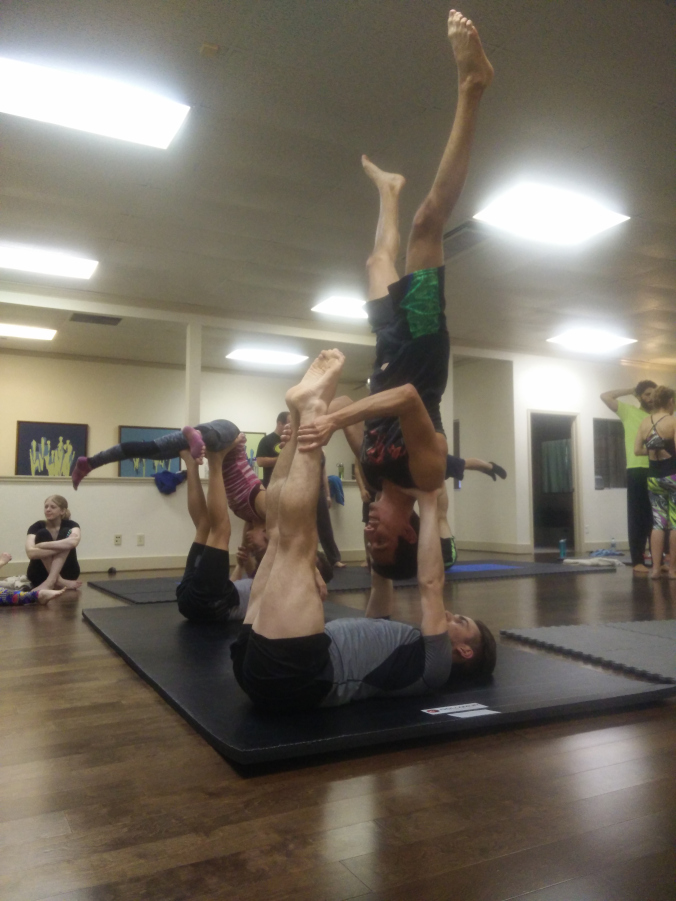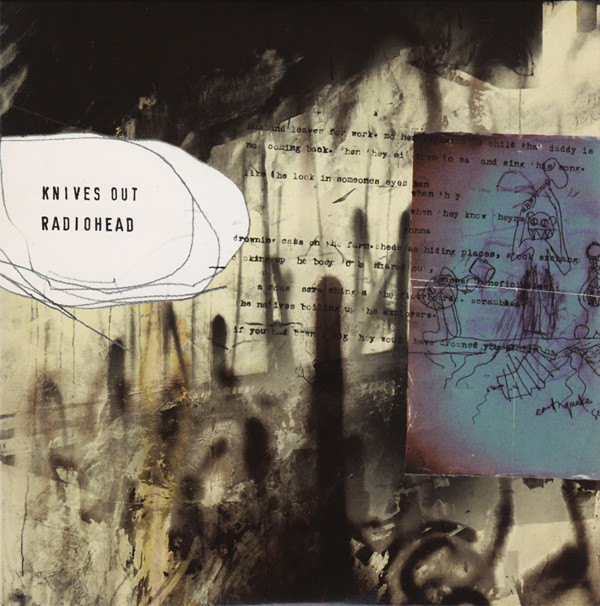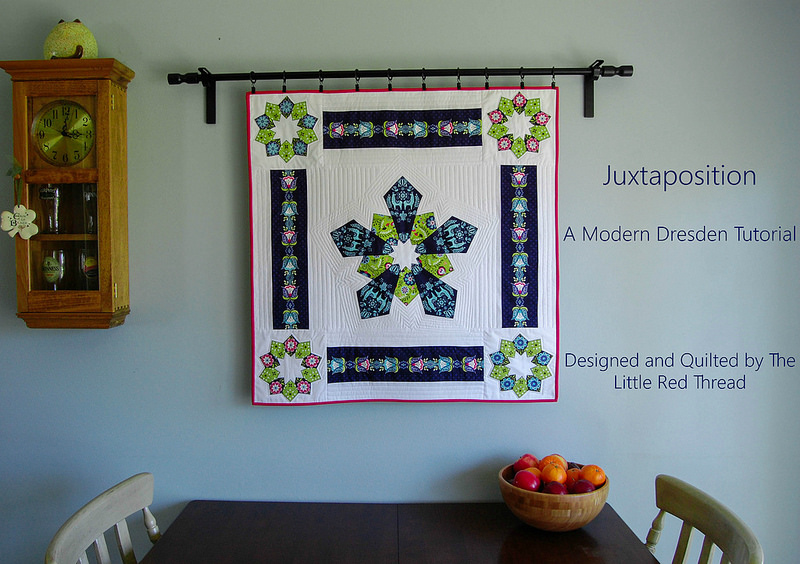Writing without using your own true voice is writing without merit, plain and simple. Even if you happen to luck out and pen stories that land you a multi-million-dollar deal, going back and reading “your” own work will feel inauthentic at best, and painful at worst.
Still, I have to honor the fact that finding your own narrative voice is a daunting task. Where do I begin? Is this how I really sound? Will others like my voice? All these and dozens of other questions often cloud our sense of fun when it comes to writing. There’s no need to struggle, though. Ultimately, you know your own voice better than anyone. Let’s explore how to get more in touch with it.

What is your muse? Is it a person, a place, a goal for yourself?
Deconstructing Your VoiceThe fear of what others will make of our voice keeps us from recognizing how authentic, engaging, and unforgettable we sound — if we only remember to write for our own enjoyment. Sounds simple and idealistic? Perhaps. But tonight, I’m interested in exploring how we can let our voice out with as few inhibitions as possible. It can and should be fun, after all!
First, an affirmation: our fears are valid. None of us are alone in thinking that our voice will be too much or too little; these doubts afflict all of us from time to time. But if you have any takeaways from tonight’s Lesson to Practice, please let it be this: You are already in touch with your own distinct voice.
Sure, you’ll have lapses in your voice as you strive to make your writing edgier or more appealing. But after you’ve gotten tired of trying to match the voice of Stephen King, or J.K. Rowling, or Cormac McCarthy, all you’ll have left sitting in between your forearms as you type away at your computer is your own voice. Remember that, validate yourself, and feel encouraged by this!

Retrieved from https://www.cybercoders.com/insights/tech/top-10-in-demand-skills-for-software-development-in-2015/
Voice as Compared to StyleVoice is the web you weave through your specific use of syntax, tone, and writing tricks. It’s how you tell your story, as well as the reasons why your story is near and dear to your heart. After all, you’re the one who decides which themes populate your pages. If you care deeply about women’s rights, or same-sex relationships, or bettering counseling and services for veterans, then you have to make sure that these subjects make it into your writing. You’re passionate about them, after all! It doesn’t matter how explicit or implicit you are, just be sure to include what really drives you in your writing. From there, you’ll find that your authenticity will come budding up like a healthy growing flower.
Style flows from your writing tone of voice. It is the portrait that you call your finished masterpiece, the tangible end product that others can take in and form their own opinions about. As you might expect, style comes with years of rehearsing and refining your voice and tone – so you can bet I will be covering style in more detail later on down the road in another Lessons to Practice!
What Makes a Good Voice?Honesty.
That’s it. That’s the foundation for discovering and honing your own voice. All you have to do is look inward. Your voice is not only inspired by your passions, but also by your personal experiences. I’d be hard-pressed to believe you if you said that none of these events influenced who you are as a person now: your first kiss, your first trip to another country, your first break-up, or your first death in the family.
In her book, Writing with Quiet Hands, Paula Munier outlines a great exercise for exploring your own voice more fully. To get a better feel for what gives you the motivation to write, take a few minutes to sit down and fill out the following:
Another activity you can do to get in touch with your voice is to interview those closest to you. What do your friends and family members say you’re most passionate about? What was one thing that struck them about you the first time you two met? All of their answers will become excellent fodder for further self-exploration.

People who don’t know me would probably say that I’m super adventurous, based on this picture alone XD
Matching Voice with MaterialAside from being true to yourself, it’s also important to make sure that your voice and tone line up with what you’re writing. If, for example, you’re striving to become a well-known post-apocalyptic writer, your word choice and diction should evoke the appropriate tones of dread, defeat, and uncertainty that typify such stories. The human race is either wiped out or on the brink of destruction, so words like death, mourning, ruination, and terror would be a good fit. By carefully selecting your words, you’ll have a much easier time evoking a dismal picture in your reader’s head.

Retrieved from http://www.filmtett.ro/cikk/4016/noi-szerepek-alakulasa-a-szaguldos-filmfranchise-okban
On the other hand, if you’re writing a YA novel, your sentence structure and word choice will be different. Your tone should be lighter, more accessible to high school readers, and more intrapersonal: high school is about social relationships, after all. Here’s the opening from my first YA book, In the Words of Your Love. Note how my sentences pack a different kind of punch as my voice and the voice of my protagonist, Ross, intermingle:
Mark does this emotional meltdown thing pretty often. The whole “cute girl in Spanish asked me for my notes on el pretérito,” which means she actually notices him in real life. Which then translates into him feeling like his chest is caving in and his arms are being racked by an earthquake. And the death keel: the fear that he’ll say the wrong thing, push her away, and drop dead from insignificance right there in his Zoot shoes.
Like now’s a good example.
“It’s hard for me to breathe.”
“Take it easy. Keep sitting, bro. Inhale with me. Exhale.”
He’s slumped over and sitting on one of the new red playground benches that Ms. Chapa, our principal, had installed in front of the library the first year she took over at Bishop Lynn High School. A few wads of gum have already been stuck in some of the diamond-shaped holes, a testament to the renowned maturity that I’m surrounded by every time I walk these halls.
In the end, your voice is always with you, no matter how much growth and change you go through. What you’re looking for is already in your head and flowing through your fingertips from the moment you type your first sentence. With time, you’ll learn to trust in yourself and believe that what you’re writing is memorable, fun, and true to yourself.
Rate this:Share this:






